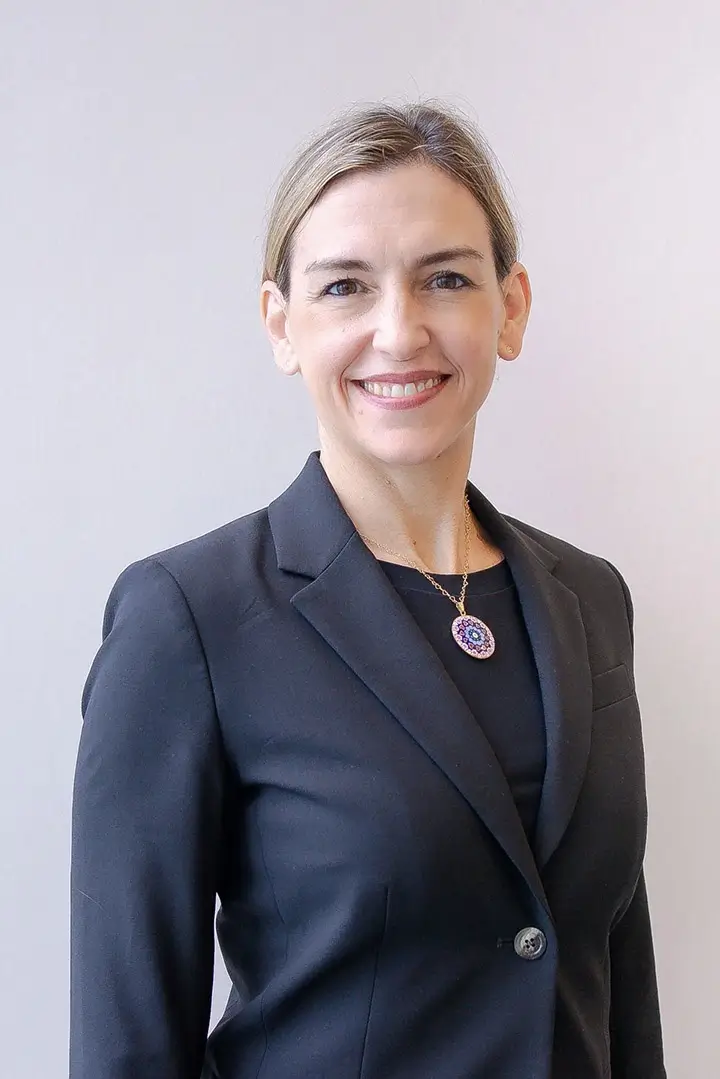In the U.S. alone, more than 98,000 people are currently on waiting lists for organ transplants. Demand greatly outnumbers supply, however, and many patients will die before ever receiving the needed organ. But now, stem cells offer an alternative solution.
Dr. Anthony Atala and his colleagues at the Wake Forest University in North Carolina believe that “anything inside the body can be grown outside the body.” So far they have already made 18 different types of body tissue from stem cells, which include heart valves and the entire heart of a mouse which was grown from scratch, layer by layer, as well as a new human bladder. Using Dr. Atala’s technique of growing an entirely new bladder, a patient in a clinical trial at the Thomas Jefferson Hospital in Philadelphia successfully received a new bladder transplant that was made from the patient’s own stem cells. It is believed that every tissue of the body contains its own stem cells, and in this particular case the bladder cells were isolated from the patient, expanded and, 8 weeks later, the new bladder was in the operating room and ready for transplantation. As Dr. Patrick Shenot, the transplant surgeon who performed the operation, explained, “It’s very much the future, but it’s today. We are doing this today.”
The research is already translating into big business. The biotech company Tengion, Inc., now exists almost exclusively for the “manufacture” of new bladders from a patient’s own stem cells. According to CBS news, “The Tengion Company has bought the license, built the factory, and is already making the bladders developed at Wake Forest.” According to Tengion’s CEO, Dr. Steven Nichtberger, “We’re actually building a very real business around a very real and compelling patient need. In regenerative medicine, I think it is similar to the semiconductor industry of the 1980s. You don’t know where it’s going to go, but you know it’s big.” Tengion has plans to expand beyond the creation of bladders, and to mass-produce blood vessels and kidneys.
Regenerative medicine is redefining most aspects of conventional medicine, and the field of organ transplantation is no exception. According to Wyatt Andrews of CBS News, “Patients in the future, instead of waiting years for a donated organ, will wait a few weeks and… grow their own.”

